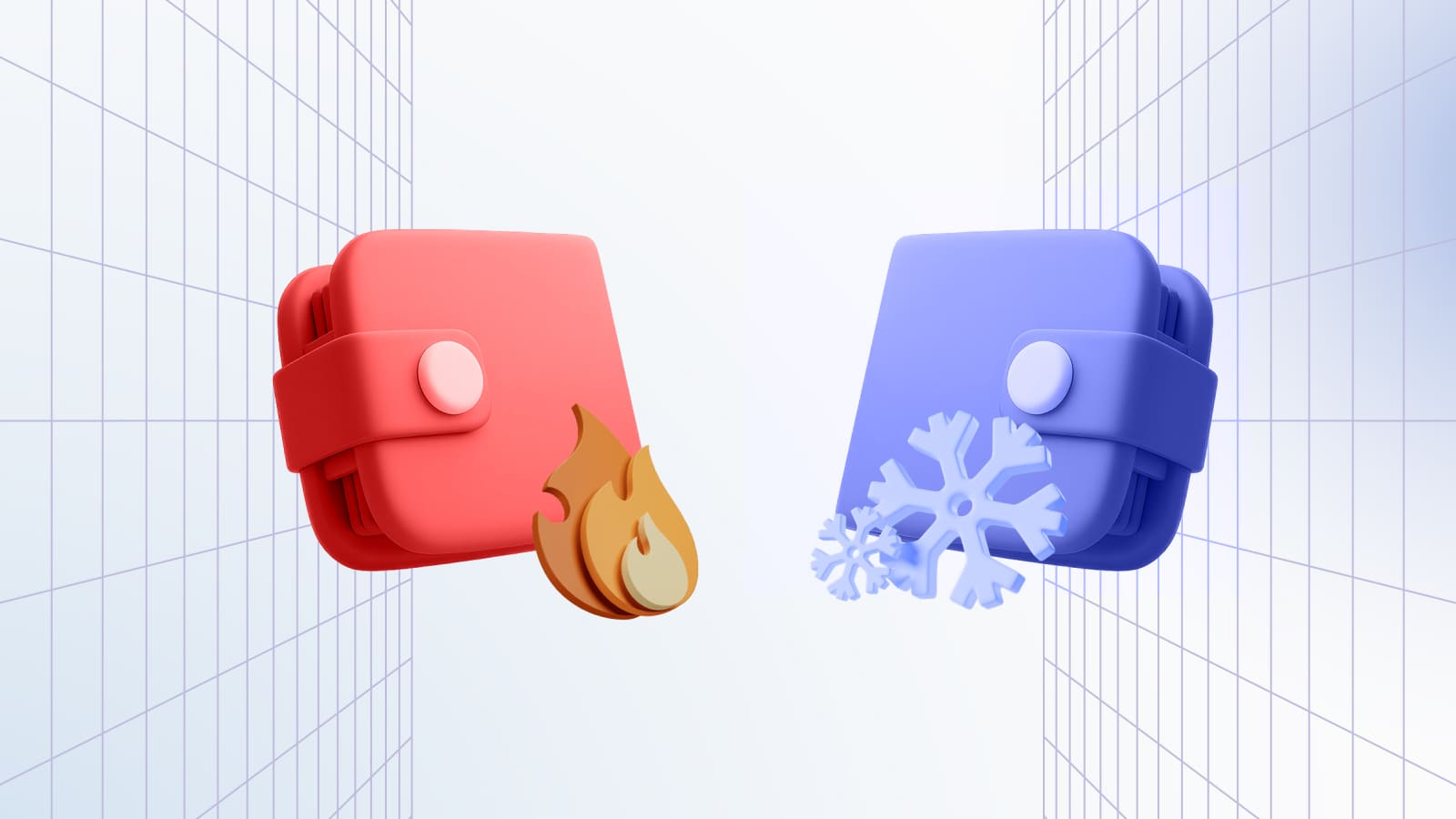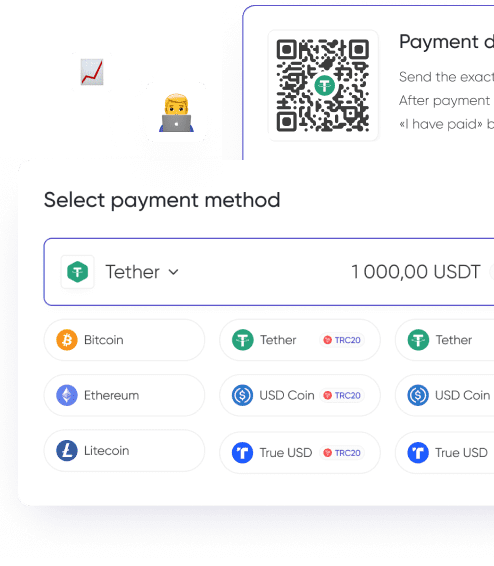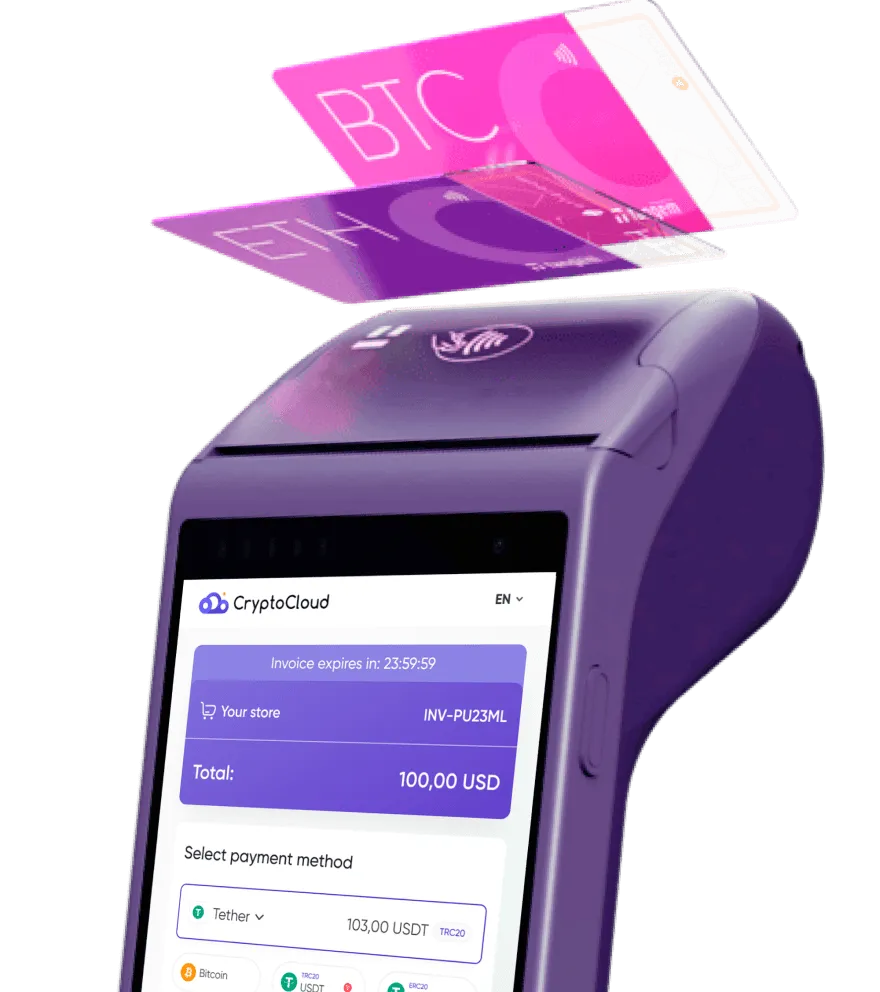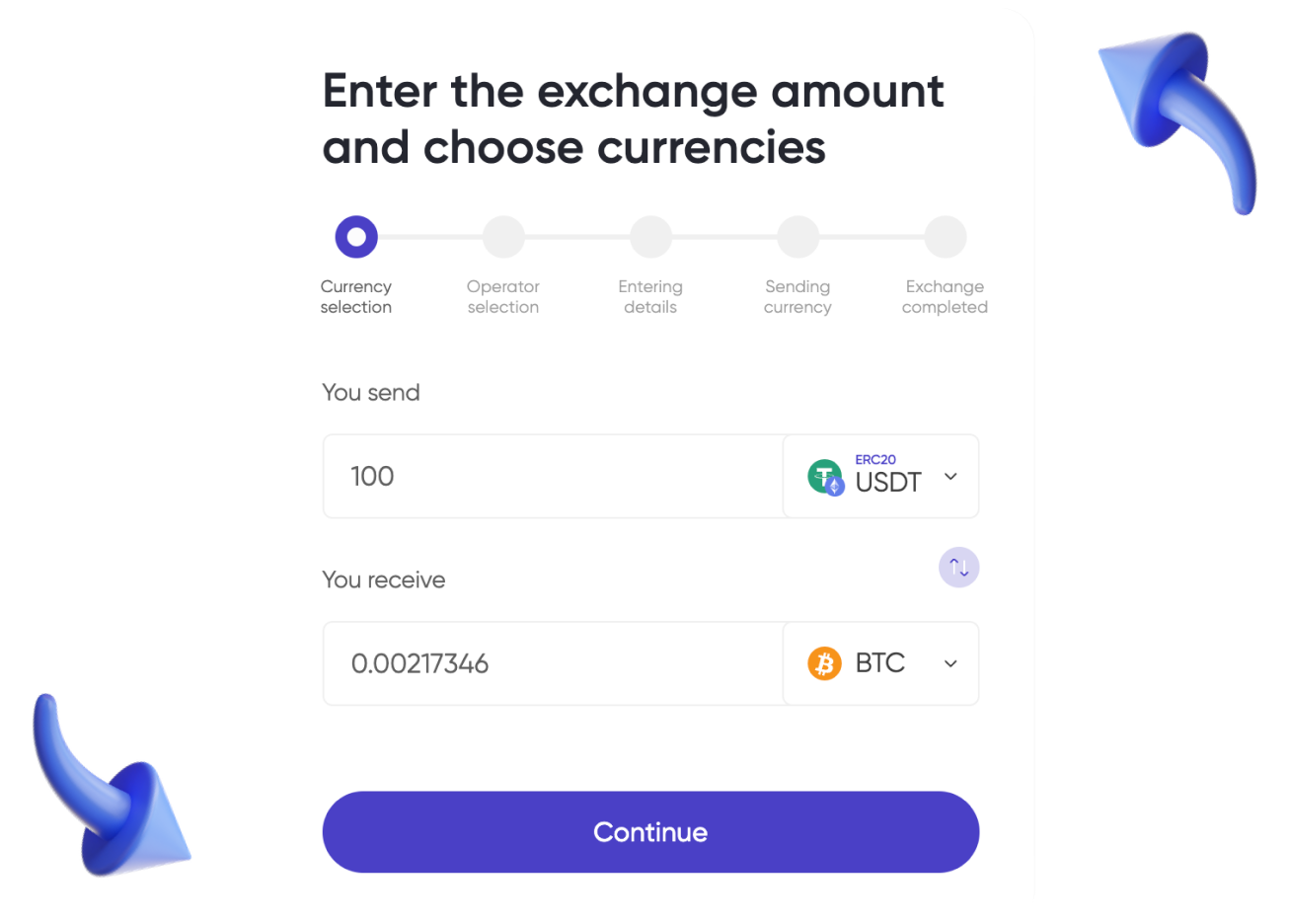The number of citizens who invest in metals and mutual funds to store their savings is less than those who use crypto-assets.
The main ways to store cryptocurrency include an exchange account, staking and cryptocurrency wallet. A non-custodial wallet is considered the most secure tool since only the owner can access the key and seed phrase. A non-custodial wallet comes in two types: cold and hot.
In this article, we will tell you how a hot cryptocurrency wallet differs from a cold one, their advantages and disadvantages, and how to choose the right one for storing assets.
What is a Hot Cryptocurrency Wallet
The main feature of a hot cryptocurrency wallet is its constant network connection. This provides easy access to the funds stored in the account but reduces security.
There are two varieties of hot wallets for storing cryptocurrency:
- Software-based — installed on a computer or mobile device, such as MetaMask or TrustWallet. «Full» ones download the entire blockchain. While «light» ones store some information on third-party servers, they are considered less secure.
- Browser-based — provide access from any device connected to the network. The most popular wallets include Coinbase Wallet, SafePal, Crypto.com DeFi Wallet, Exodus and Coinbase dApp Wallet.
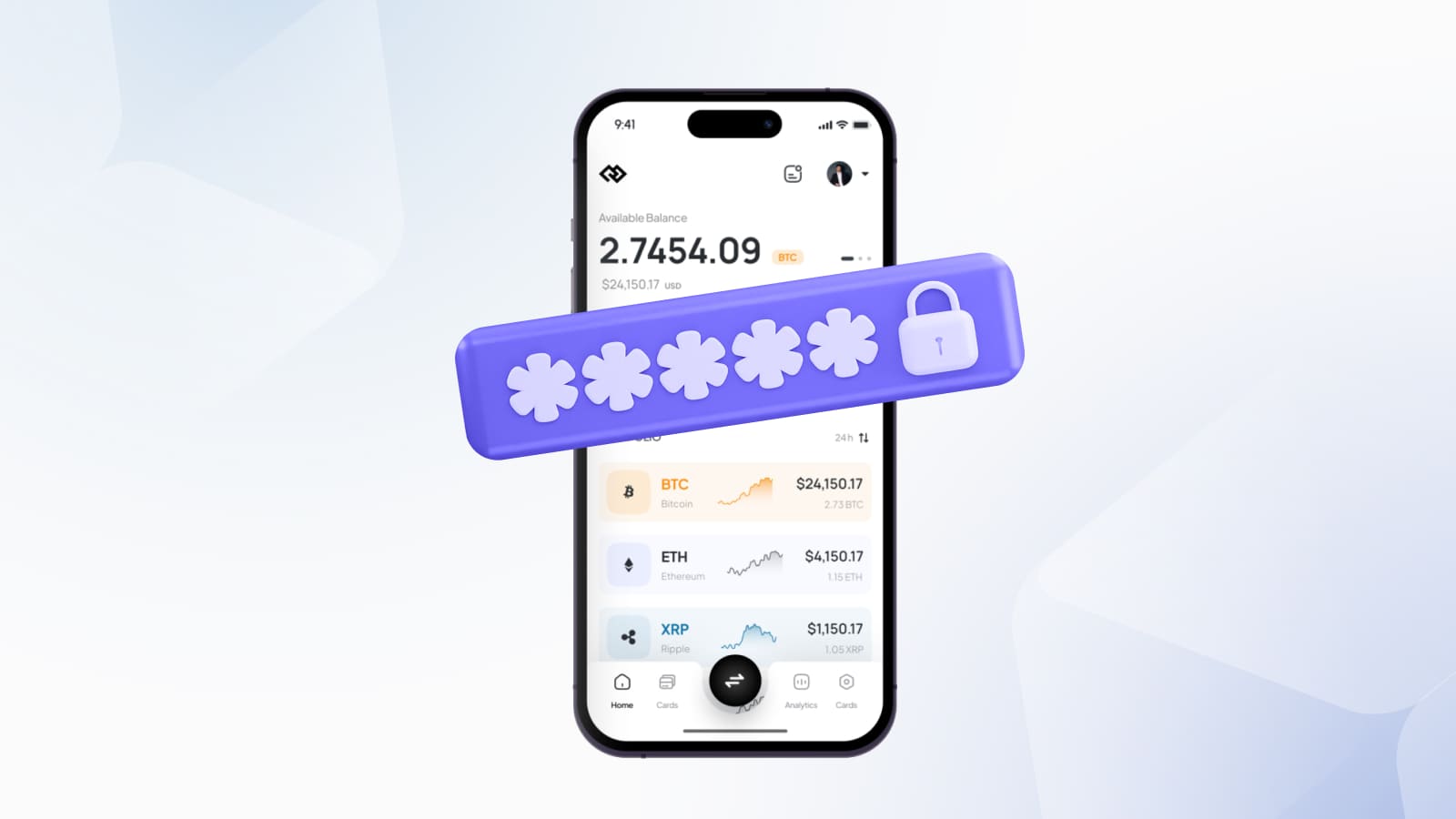
Hot Wallet: Advantages and Disadvantages
When choosing a cryptocurrency wallet, users prefer hot wallet for several reasons:
- Constant access to cryptocurrency transactions. No additional network connection actions are required to conduct a transaction.
- Free download. Unlike cold storage wallets, hot wallets can be downloaded for free.
- Ability to connect to applications of decentralized exchanges.
- Support for a large number of coins and tokens.
- Ease of setup and use.
When choosing between hot and cold wallets, it is important to consider the main disadvantage of hot ones — a lower level of security. Constant connection to the network makes such applications a target for online attacks. There is a low probability of access blocking by the application developers.
What is a Cold Cryptocurrency Wallet
A cold cryptocurrency wallet is a way to store funds offline. There are three types:
- Software-based (desktop, mobile). Private keys in a cold wallet are stored on a device that does not have a permanent connection to a global or local network.
- Hardware. It Looks like a flash drive or a set of cards (like Tangem Wallet) on which private keys are stored. They are connected via USB.
- Paper. The key is stored as a QR code printed on paper. This prevents intruders from accessing the account. To transfer to or from a cold wallet, you need to go to a special website.
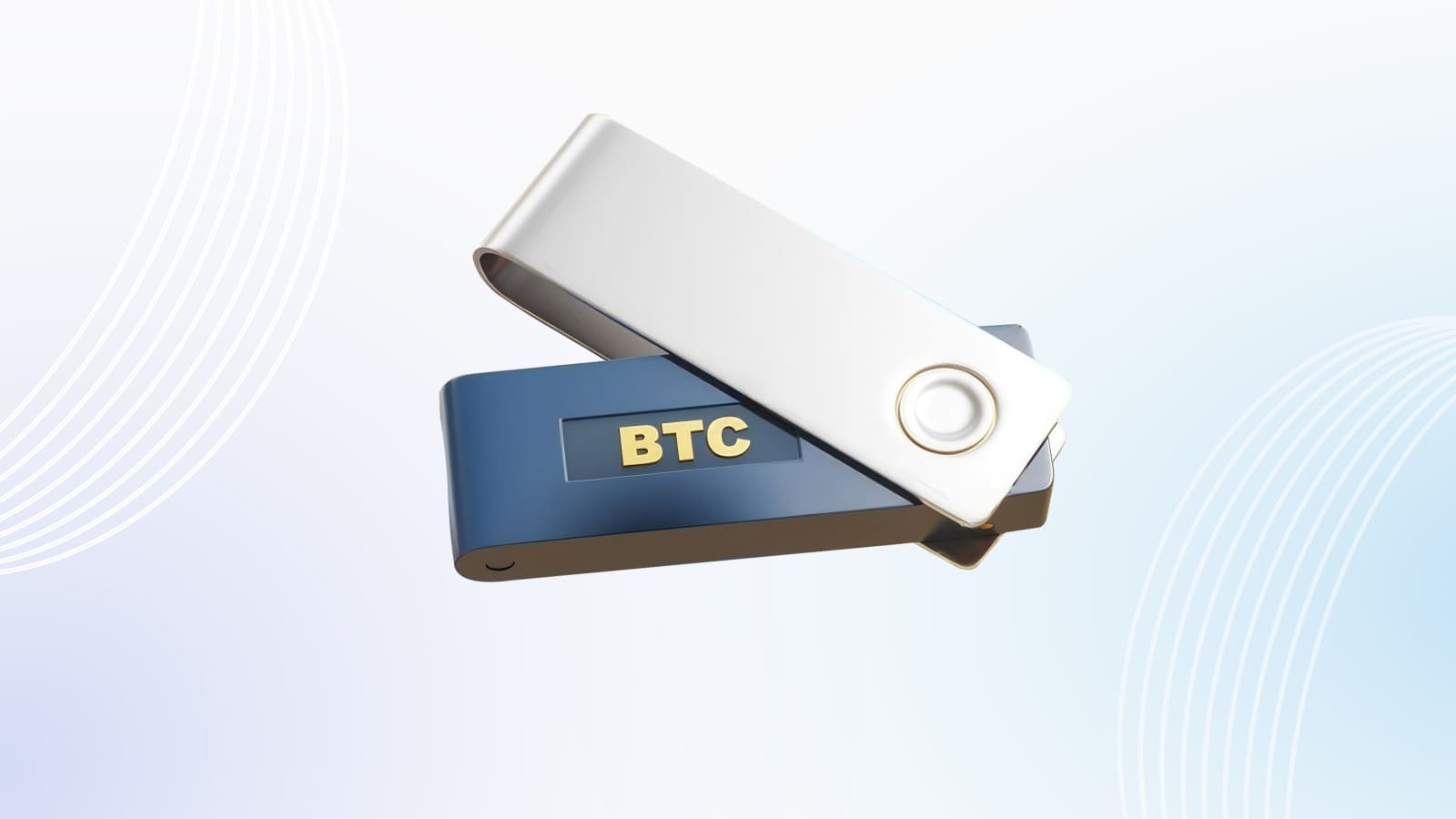
The most widespread are cold wallets Ledger, Trezor, Ellipal Titan.
To withdraw funds stored on the exchange to a cold wallet, you need to connect a «flash drive» to your computer and install software. This opens access to the account address.
Pros and Cons of Cold Wallet
The main difference between a cold and hot wallet and the main advantage of a cold one is the high level of protection from intruders. Offline storage is almost impossible to hack without having access to the physical storage medium. Only the owner has the private key.
The disadvantages of such a wallet for cryptocurrency include:
- The inconvenience of conducting frequent transactions. This option is not suitable for regular transactions.
- The complexity of use, especially for novice users.
- Cost. The minimum price for the best cold wallets for cryptocurrency starts at $80.
You can learn the safety rules of the owner of cryptocurrencies in our article.
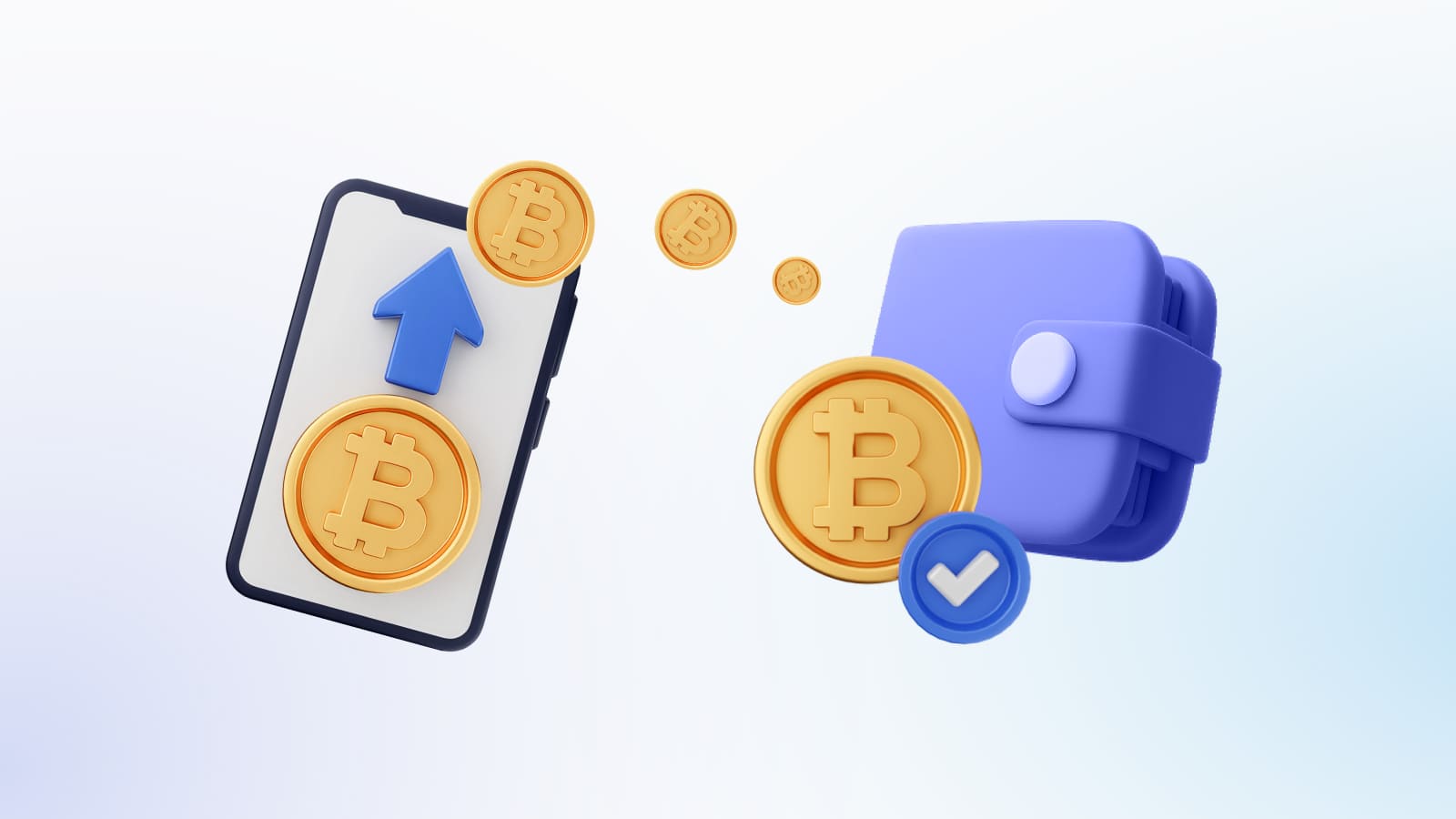
Choosing a Cryptocurrency Wallet: Hot or Cold?
A wide variety of hot and cold cryptocurrency wallets are available to crypto owners. Both types have their own audience and are suitable for different purposes.
Hot wallets are a convenient and popular tool for regular transactions. According to Finbold, in 2021 alone, the number of cryptocurrency wallet app downloads exceeded 177 million worldwide. While this number has dropped slightly in 2022 (102 million between January and October), it is still high.
We also recommend reading our article: «What Are the Best Wallets for Storing Crypto Assets?».
Offline tools are more suitable for storing large sums of money. The lack of constant network connectivity and storing the private key on a physical medium virtually eliminates online attacks.
Many crypto owners use a hot wallet together with a cold one. This provides an optimal combination of convenience and security when conducting transactions and storing cryptocurrency.

